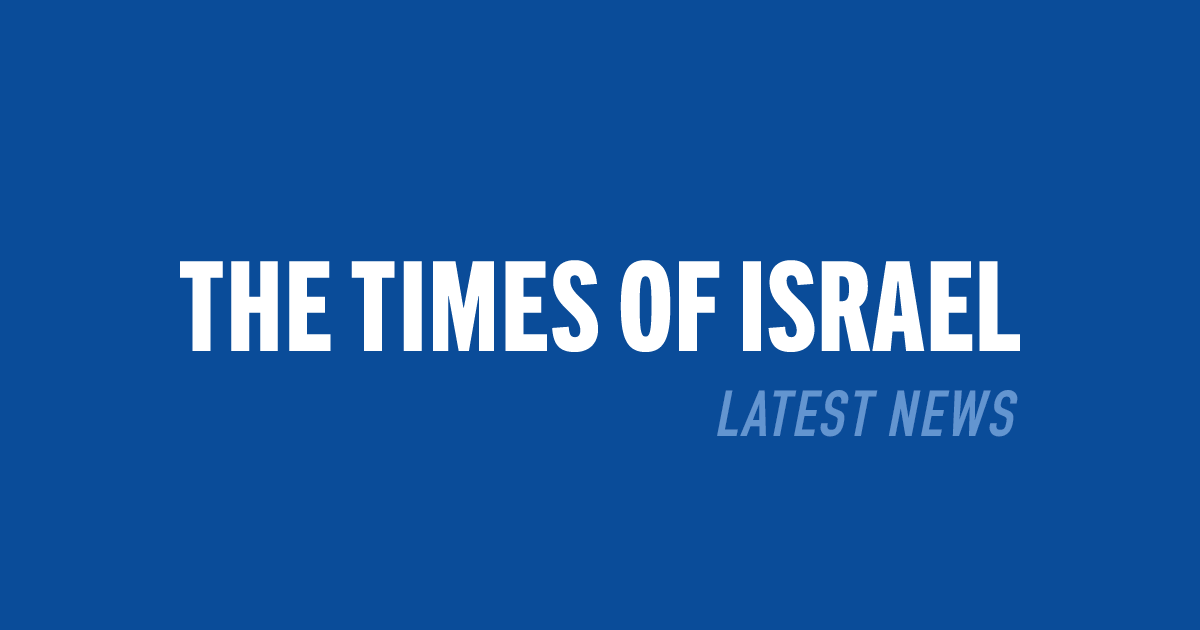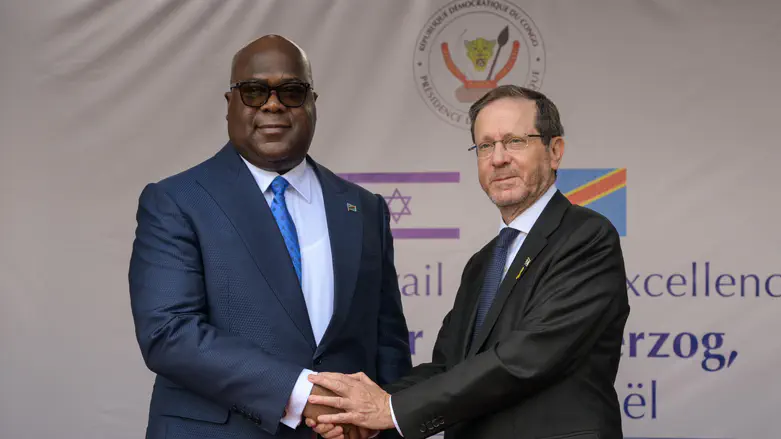Lebanon is facing unprecedented tensions as international and internal pressures mount over the issue of Hezbollah's disarmament. The United States has warned Beirut to act by the end of November, threatening Israeli military action if no progress is made, while Israeli tanks have reportedly been deployed to the border. Internally, divisions within the Lebanese government and legal actions against Hezbollah's leadership have heightened the risk of civil conflict, with the state appearing weak and unable to control factional sparring.
Recent sanctions imposed by the United States have further cornered Hezbollah, raising fears of unpredictable retaliation. The fragile ceasefire with Israel is at risk of collapsing, and Lebanon's lack of leverage on the international stage leaves it vulnerable. Disarming Hezbollah by force is seen as unfeasible, and negotiations are complicated by the inability to guarantee the group's safety post-disarmament.
The article argues that Lebanon's leadership must urgently resolve internal disputes and present a united front, seeking regional support and crafting a realistic roadmap for reform and negotiation. Without decisive action, Lebanon risks sliding into war and losing the trust of its people and international partners.

 image sourced from original article at
image sourced from original article at 


